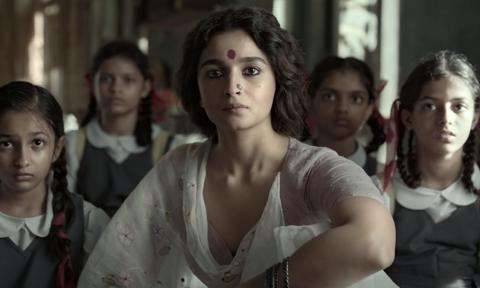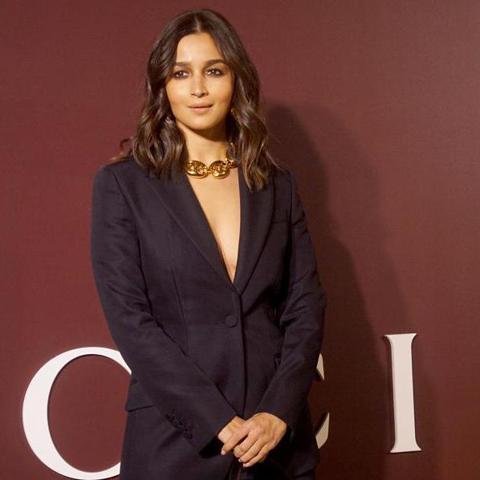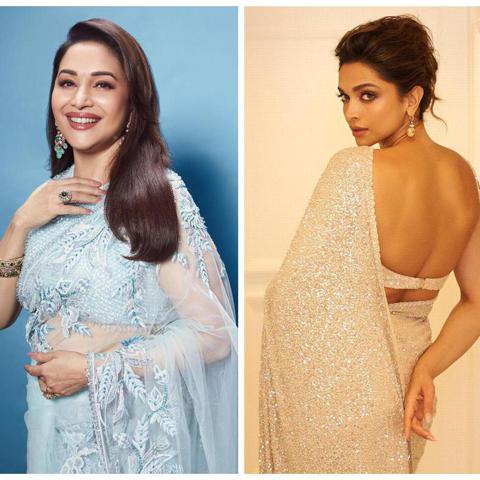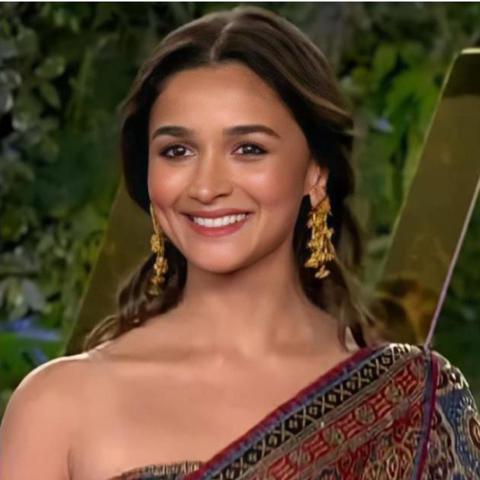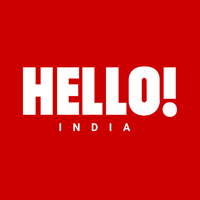
They say fame has its price, but for many celebrities, it’s the cost of their privacy that’s too high. In today’s society, paparazzi culture has become more toxic than ever, with photographers going to extreme lengths to capture the most intimate moments of their subjects‘ lives.
In an industry that thrives on gossip and scandal, it’s no wonder that celebrities are constantly under the microscope. But is it really fair to subject them to the constant invasion of their personal space? They may be in the public eye, but that doesn’t mean they should be stripped of their basic right to privacy.
This topic deserves to be addressed in light of Gangubai star Alia Bhatt blasting shutterbugs on social media for taking surreptitious photos of her while she was at home, i.e in her personal space, without her consent. The actress took to Instagram and tagged the Mumbai Police and wrote that she felt like she was being watched. That is when she realised that two photographers were clicking her from the top of a neighbouring building.
She wrote, “Are you kidding me? I was at my house, having a perfectly normal afternoon, sitting in my living room when I felt something watching over me. I looked up and saw two men on the terrace of the neighbouring building with a camera right at me. In what world is this okay and is this allowed? This is a gross invasion of someone’s privacy. There’s a line that you must not cross, and it is safe to say that all lines were crossed today.”
Many celebrities including Anushka Sharma, Arjun Kapoor and her sister Shaheen echoed Bhatt’s sentiments and showered her with support on the social media platform, and urged the Mumbai Police to look into the matter.
Bhatt, who normally keeps a cheerful outlook on social media, has occasionally called out people and the media, especially during her pregnancy.
In November last year, a video of Alia Bhatt and Ranbir Kapoor arriving home from the hospital with their newborn child began doing the rounds on social media. What particularly stuck out was the way the paparazzi practically thronged the new parents’ car, making it impossible for them to move. It makes you wonder: how far can we go to capture a potentially viral video?
When it comes to individuals, some fall to their deaths in their quest to capture the perfect mountain selfie. Others block traffic and disrupt public order for that one Insta-worthy shot. For celebrities, the yardstick has always been different. Many assume that some celebrities pay to get papped as they flip their hair and show off their designer clothes at the airport—feeding into the narrative that they are props to be toyed with and exploited at will.
This isn’t the first time that celebrities have discussed the breach of privacy. Last year, Virat Kohli had expressed his anger when a fan shared a video of his hotel room, where they had even gone through his belongings. Him and his wife Anushka Sharma had also repeatedly requested the paps to avoid photographing baby Vamika to little avail.
As Indians, our obsession with celebrity culture has always been a paradox of sorts. We love them and we hate ourselves for loving them. It’s no surprise that Meta creator Mark Zuckerberg recently said—on record no less—that “privacy is a value of the past.”
While some celebrities may bask in the limelight, others have spoken out about the damaging effects of paparazzi culture. The late Princess Diana famously battled against the constant scrutiny of the media, and her tragic death in 1997 was a stark reminder of the dangerous consequences of invasive photography.
But even as the world mourned the loss of Diana, paparazzi culture continued to flourish. In recent years, stars like Jennifer Lawrence and Kristen Bell have spoken out about the toll that the paparazzi can take on their mental health, with Lawrence calling the practice “disgusting” and Bell penning a heartfelt essay on the subject.
While many photographers argue that they have the right to photograph celebrities in public places, others have taken things to the extreme, using drones and other invasive methods to capture private moments. The result is a culture that feeds on the misery of others, with little regard for the emotional toll it takes on the subjects.
Case in point, in 2017, Justin Bieber canceled the remainder of his Purpose World Tour, citing exhaustion and the need to “sustain my marriage and be the father I want to be.” In a later Instagram post, Bieber revealed that part of his decision to step back from the spotlight was due to feeling like a “zoo animal” because of the constant attention from paparazzi.
Friends actress Jennifer Aniston has long been hounded by paparazzi, but in a 2016 essay for The Huffington Post, she called out the “objectification and scrutiny we put women through” and wrote about the “toxic tabloid culture” that perpetuates it.
Another notable example of this is Prince Harry and Meghan Markle, the Duke and Duchess of Sussex, who have also been vocal about their struggles with the paparazzi, both before and after their decision to step back from their roles as senior royals. In a statement announcing their intention to sue a British tabloid in 2019, Harry referenced his mother Princess Diana’s tragic death and wrote that he and his wife “believe in media freedom and objective, truthful reporting, but the sensationalism has never been acceptable.”
Of course, not all photographers are the same, and many are simply trying to make a living. But when the line between ethical and unethical behavior becomes blurred, it’s the celebrities who suffer the consequences. From stalking to physical altercations, pap culture has become a dangerous game, with no clear winner in sight.
So what can be done to address this toxic culture? Some have suggested stricter laws around invasion of privacy, while others have called for a shift in the way we consume celebrity culture. But until there is a collective effort to change the way we view fame and success, the paparazzi will continue to thrive, and the consequences will be felt by those who deserve their privacy the most.
At the end of the day, celebrities are human beings, and they deserve to be treated with the same respect and dignity as anyone else. While paparazzi culture may not disappear overnight, it’s important that we start a conversation about the dangers of invasive photography, and work towards a world where privacy is valued and respected.

